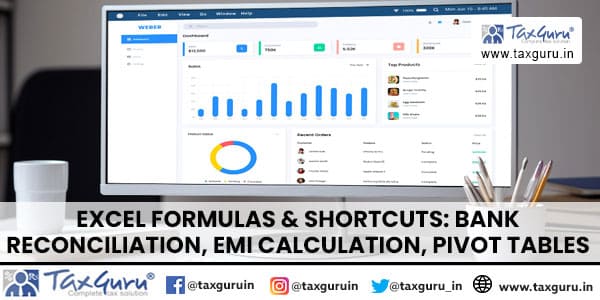Let’s start with the bad news this week. Accounting principles say losses are tax deductible, but CBDT says no! Not if they are forex derivative losses. Last week, the Central Board of Direct Taxes or CBDT issued an internal circular which says that a loss arising from an outstanding Marked to Market forex derivative transaction is, “contingent in nature and cannot be allowed to be set off against taxable income. The same should therefore be added back for the purpose of computing the taxable income of an assessee.’
Rostow Ravanan, CFO, Mindtree
For most companies, especially for an IT company, which is eligible for export exemptions, all our returns get picked up for scrutiny anyways. So when our assessment gets picked up for 2009, the returns we have filed in September, sometime now is when assessment starts… the assessing officer will invoke this circular and make that adjustment and raise a demand note on us for short payment of tax. So it will clearly become a problem.
All this, despite the fact that accounting principles in fact, insist that forex derivative positions must be marked to market and any such gain or loss must be reflected in the P&L. That means any such loss would be treated as expenditure and hence be deducted from taxable income! But the CBDT circular says otherwise.
Dinesh Kanabar, Deputy CEO & Chairman-Tax, KPMG
From time to time there has been this issue that should there be a convergence or divergence between an accounting treatment and a tax treatment. And by and large the courts have come back to say that unless there is a specific provision in the law whereby the taxability of a transaction has to be in a prescribed manner, accounting principles will govern the taxability of income. This circular turns that entire principle on its head. I don’t think it lays down the correct principle in law.
Law that was reaffirmed by the Supreme Court in the Woodward Governor case last year.
The Delhi-based company suffered unrealized losses due to foreign exchange fluctuations. The Revenue disallowed these losses as exemptions, on the basis that they did not qualify as ‘expenditure’.
The department claimed that under Section 37 of the Income tax Act, ‘expenditure’ had to be ‘laid out or expended wholly and exclusively’ and exchange fluctuations did not meet that requirement.
But the apex court overturned these arguments. It held that unrealized forex losses are items of expenditure and are deductible as per principles of commercial accounting.
Dinesh Kanabar, Deputy CEO & Chairman-Tax, KPMG
Now one may want to make a distinction between forex transactions and a transaction on account of derivatives, but the logic which has been put out, which is that why in the view of CBDT such a loss is not allowable, is exactly the reasoning which has been disapproved by the SC in Woodward Governor’s case. And therefore to that extent this is in direct conflict.
That’s not all-the circular disallows not just notional losses, but real ones as well. It says that realized losses on forex derivatives will be treated as ‘speculative losses’ unless the transaction was carried out on a recognized stock exchange. And under the Indian Income Tax Act, speculative losses can be set off only against speculative gains, and not against business income.
That’s bad news for Hyderabad-based pharmaceutical company Dr Reddy’s, which says it entered into forex derivative transactions for non-speculative purposes. The company has over Rs 30 crore in outstanding derivative losses-losses which may be taxed on settlement under this new circular.
Umang Vohra, CFO, Dr Reddy’s
Principally, we are not a company which is a financial intermediary, we are a company which has manufacturing operations and business operations and we try to protect our cash flows and that is the stated intent of our policy. And we believe we should be allowed to set this off against business income in the first place. Secondly, the definition of what is speculative or not speculative should not be linked to which exchange you settle this on or trade this on. It should be linked to what is the underlying purpose of this transaction rather than the mode of its settlement.
But whether taxpayers like it or not-CBDT circulars are binding on Assessing Officers. And that will mean tax liabilities on forex derivative losses for all future assessments
Actually not just future assessments but perhaps even past ones-because there’s no clarity on whether this circular will be applied with retrospective effect or not.
But – there may be a silver lining. CBDT circulars are only meant to clarify existing positions of law and not to propose new interpretations of the provisions of the Income Tax Act. But this circular does. In addition, given the fact that this circular contradicts fundamental accounting and legal principles, most experts think it is unlikely to be upheld in court. But for a court to intervene-corporate India will have to fight a new prolonged legal battle with the taxman.
Source: Moneycontrol


















i have downloaded calculator from your websides but it is not opening please tell me how to open it.